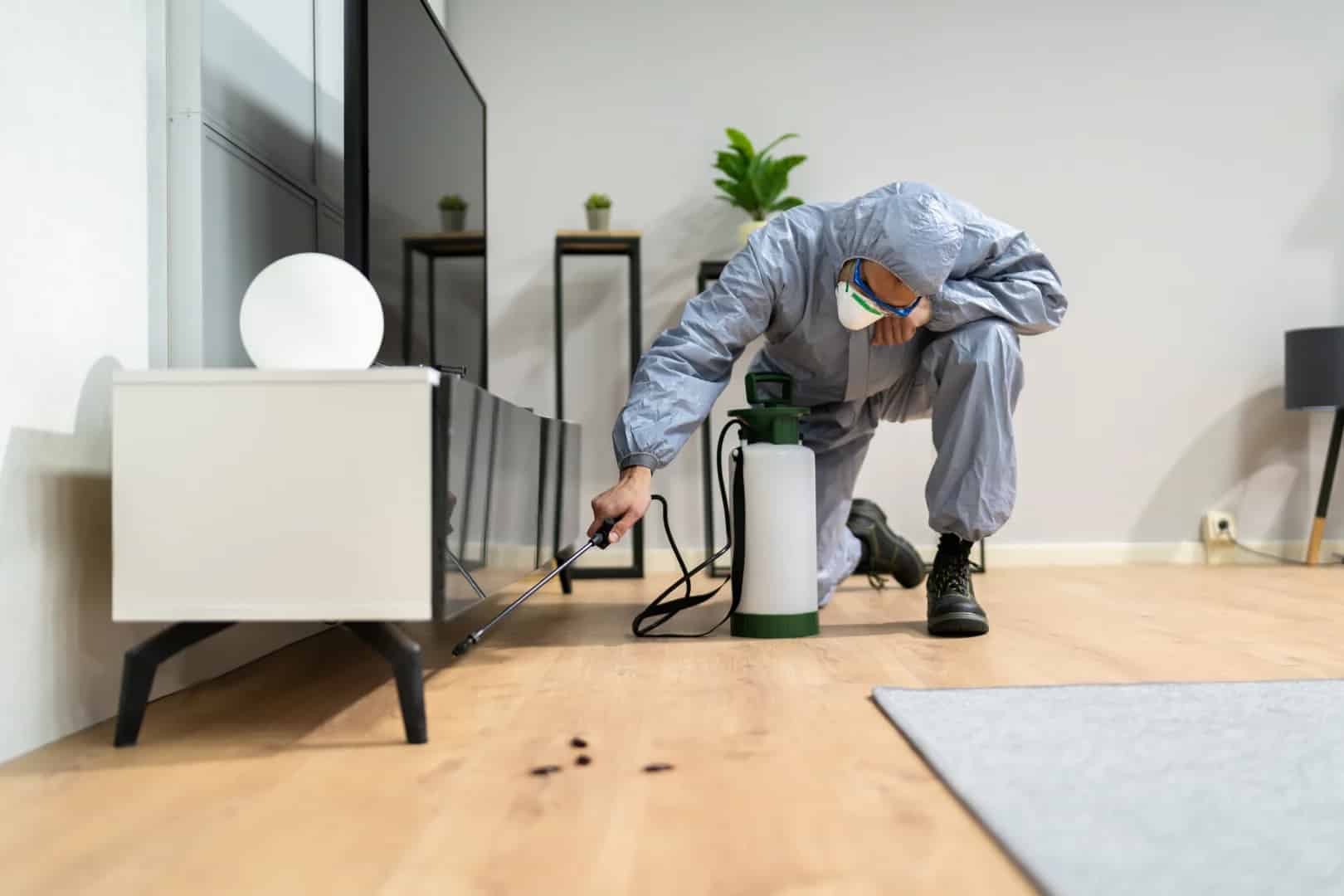Pests are more than just an inconvenience; they pose serious threats to your health, hygiene, and overall home safety. Whether it’s cockroaches hiding in kitchen corners, mosquitoes breeding near water, or rodents finding their way into storage areas, every pest brings its own set of hazards. Many homeowners underestimate these risks until the infestation becomes difficult to control. Understanding how pests affect your health and home environment is the first step toward taking preventive action. This article explores the major health issues caused by pests and how they compromise the safety and structure of your home.
1. Health Risks Caused by Common Household Pests
a. Allergies and Respiratory Problems
Cockroaches, dust mites, and rodents are major triggers of allergies and asthma attacks. Cockroaches leave behind droppings, saliva, and shed skin, all of which contain allergenic proteins. When these particles mix with household dust, they can easily become airborne and worsen respiratory conditions. Children are especially vulnerable to these allergens due to their developing immune systems.
b. Bites, Stings, and Skin Irritations
Mosquitoes, bed bugs, fleas, and ants are known for painful or irritating bites. While most bites are mild, some can lead to severe allergic reactions or secondary infections caused by scratching. For instance, bed bugs leave itchy red welts that can cause anxiety and sleep disturbances. Mosquito bites are even more dangerous because mosquitoes are carriers of serious diseases that can impact your health long-term.
c. Transmission of Dangerous Diseases
Many pests are vectors for harmful pathogens.
- Mosquitoes transmit dengue, malaria, chikungunya, and West Nile virus.
- Rodents spread bacteria like Salmonella and viruses such as hantavirus.
- Flies carry germs that cause diarrhea, food poisoning, and infections.
- Ticks transmit Lyme disease and other tick-borne illnesses.
Disease transmission often occurs through direct contact, bites, or contamination of food sources. Even pests that seem harmless can spread viruses and bacteria without being noticed.
d. Food Contamination
Pests like rodents, cockroaches, and ants frequently contaminate food in kitchens and storage areas. They walk over dishes, countertops, and open food containers carrying germs from garbage bins, sewers, and outdoor areas. Their droppings, saliva, and urine contain harmful bacteria that can cause foodborne illnesses like E. coli and Salmonella. Consuming contaminated food may result in vomiting, diarrhea, fever, and stomach infections.
2. How Pests Compromise Home Safety
Beyond health concerns, pests also cause structural damage that can affect the safety, durability, and value of your home.
a. Damage to Wood and Structural Integrity
Termites, carpenter ants, and wood-boring beetles can cause major destruction to wooden structures. Termites work silently and often go undetected for years while they weaken beams, floors, and walls from the inside. This type of damage can cost thousands in repairs and may compromise the structural safety of your home.
b. Electrical Hazards
Rodents such as rats and mice often chew on electrical wiring. Their teeth continuously grow, so they gnaw on hard objects to keep them short. Unfortunately, household wires, electrical insulation, and even appliance cables become targets. Exposed wires can spark, short-circuit, or even lead to house fires. Rodent-related electrical fires are more common than most homeowners realize.
c. Damage to Furniture, Fabrics, and Stored Items
Silverfish, moths, beetles, and rodents can harm household belongings by eating through paper, clothing, fabrics, and storage boxes. Moths chew holes in clothes, while silverfish damage books, documents, and wallpapers. Over time, these pests can destroy items that are expensive or emotionally valuable.
d. Contamination of Water and Surfaces
Some pests contaminate water tanks, kitchen surfaces, and food preparation areas. For example, rodents and cockroaches can carry harmful bacteria into water storage spaces or leave droppings in hidden corners. This contamination increases the risk of infections and compromises the hygiene of your living environment.
3. Psychological Impact of Pest Infestations
Pest issues don’t just affect physical health they also influence emotional and psychological well-being.
- Anxiety: Constant fear of pests appearing unexpectedly can cause stress.
- Sleep Problems: Bed bugs and mosquitoes disrupt sleep, leading to fatigue.
- Lack of Peace: Knowing your home is infested may produce discomfort or embarrassment.
Uncontrolled pests make homeowners feel unsafe and unsettled in their own space.
4. Prevention: The Key to Maintaining a Healthy Home
The good news is that most pest-related health and safety issues are preventable. Here are some steps homeowners can take:
a. Maintain Cleanliness
Pests thrive in dirty, cluttered spaces. Regular cleaning of kitchens, floors, and bathrooms can reduce pest attraction. Keep food sealed, dispose of garbage frequently, and avoid leaving standing water around the house.
b. Seal Cracks and Entry Points
Small cracks in walls, windows, or doors can allow pests to enter easily. Sealing gaps, fixing broken screens, and repairing damaged pipes can block access points.
c. Store Food Properly
Use airtight containers for dry food items. Avoid leaving food open on counters or inside cupboards.
d. Reduce Moisture
Fix leaking faucets and pipes, as moisture attracts pests like cockroaches and mosquitoes. Ensure proper ventilation in kitchens, washrooms, and storage areas.
e. Schedule Regular Pest Control
Professional pest control services use safe, effective, and approved treatments to eliminate infestations and prevent future ones. Regular inspections help detect pests early before they cause severe damage or health issues.
Conclusion
Pests are more than a household annoyance; they pose serious health risks and can cause extensive damage to your home if left untreated. From spreading diseases and triggering allergies to damaging electrical wiring and wooden structures, pests compromise both your well-being and home safety. By understanding how pests affect your living environment and taking preventive measures, you can maintain a cleaner, healthier, and safer home. Choosing Residential Pest Control Dubai services, combined with good hygiene and proactive maintenance, is the key to long-term protection and peace of mind. For reliable, safe, and expert pest control solutions, Safe Horizon ensures your home stays protected with certified, effective, and family-friendly services.
